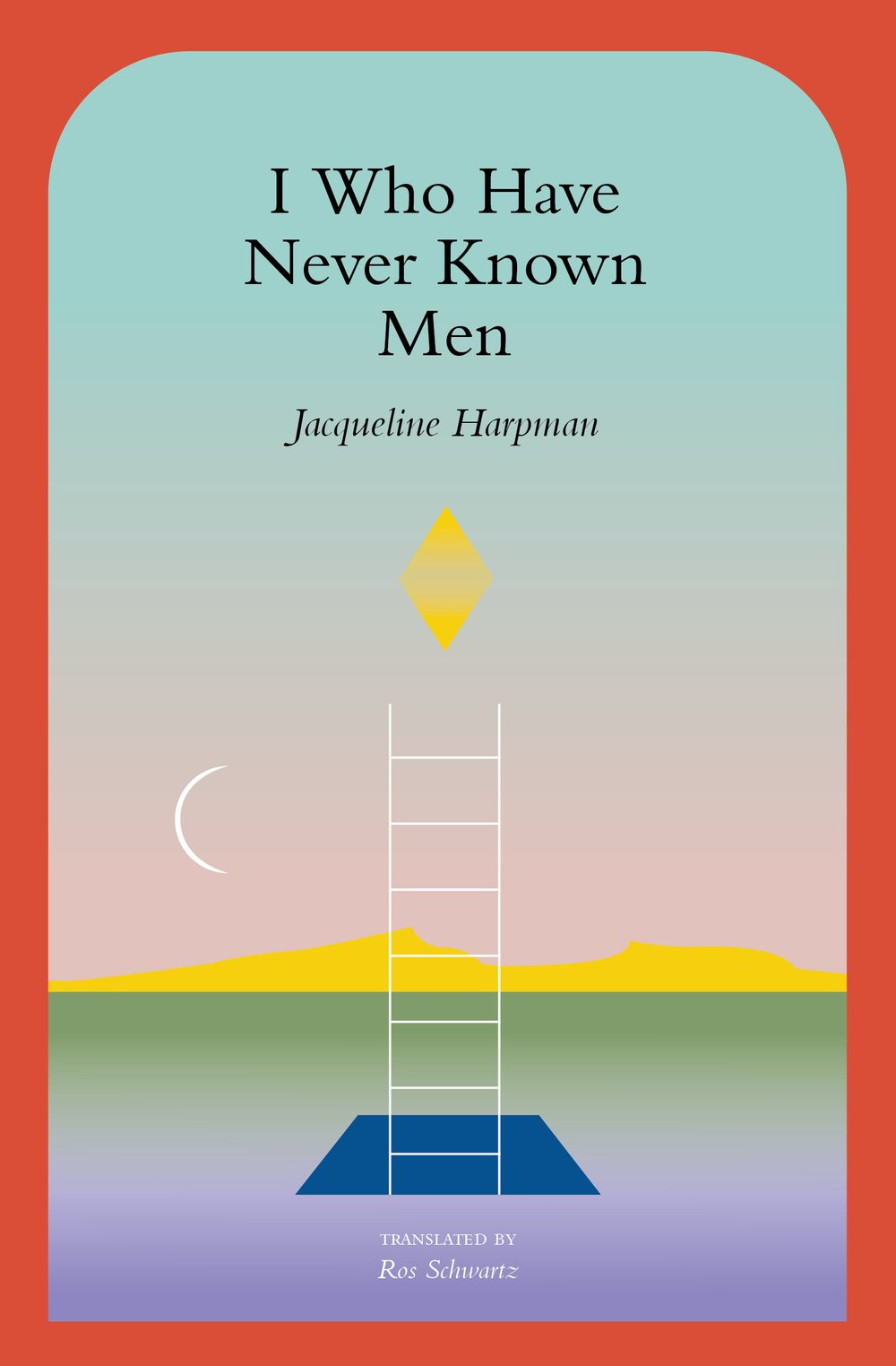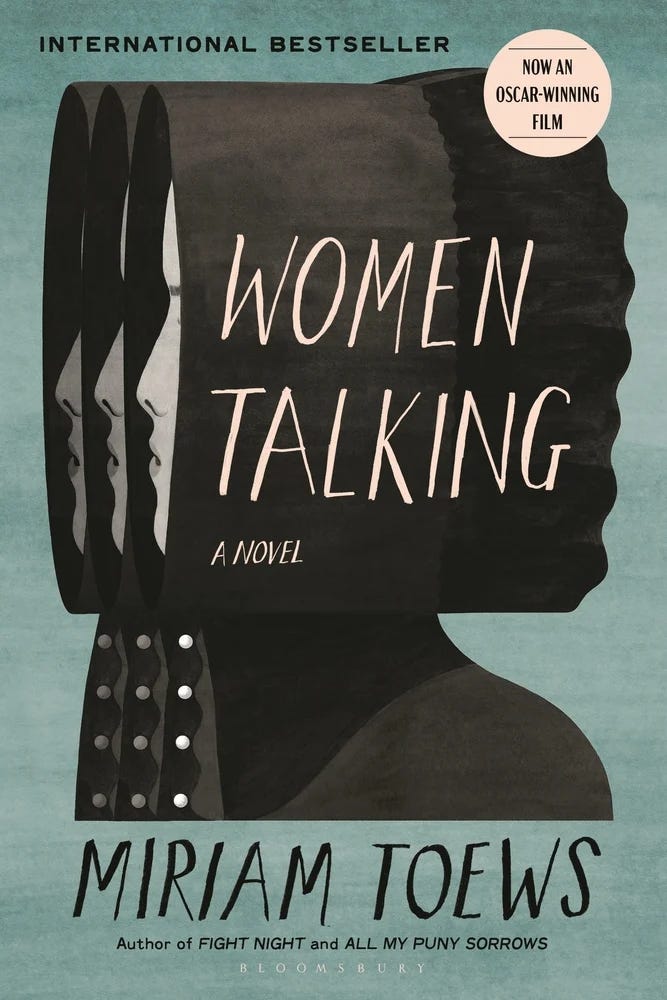My friend Nancy recently suggested I read I WHO HAVE NEVER KNOWN MEN by Jacqueline Harpman (1929-2012), translated from French by Ros Schwartz.
The book concerns a colony of women in an unknown time and place, who are caged and guarded by men. The narrator has been raised within the cage from infancy. She has no name, no sexual development, and no history except within the cage.
The rest of the women have personal histories that track with contemporary times, but they’ve been robbed of memory. For unstated reasons, the guards run away and the women escape. They wander in a world they don’t recognize—they’re not even sure they’re on earth. Over decades, they find no one else alive.
The narrator learns to read, work in community, build useful structures, and develop some emotional life. She is a keen, dispassionate observer. She becomes the main provider and last survivor. The book is eerie and inconclusive, and thought provoking.
In its intense focus on women and consideration of Big Questions, I WHO HAVE LOVED MEN put me in mind of Miriam Toews’s WOMEN TALKING, about a group of women in a repressive religious sect who are pondering whether to leave their husbands and community. I loved this book for its deep consideration of marriage, motherhood, family, and religion.
Both books are bestsellers. I think this must be because of resonance with the regressive, punitive regime in charge in America, which aims to eradicate: stewardship of our earth, care for anyone who needs care (all of us, except, apparently, billionaires), non-white and non-male people, schools, science, universities, books, ideas, history, art, and so on.
I WHO HAVE NEVER KNOWN MEN was first published in 1995. Harpman was Belgian and her father was a Dutch Jew. Many of her father’s family were murdered at Auschwitz, but Harpman’s family escaped to Casablanca, where she was raised under a repressive, anti-Semitic government. Even so, it was in Morocco where Harpman had a teacher who opened her world to 18th and 19th century literature. Ultimately, she became a psychoanalyst and an esteemed writer.
The version of the book that I read was published by Transit Books. I happen to love this independent publisher. Founded in 2015, Transit is “committed to the discovery and promotion of enduring works that carry readers across borders and communities.” Their catalogue has books we would not otherwise read if we’re mono-lingual, for example, Norwegian Nobel Prize winner Jon Fosse. The books I’ve read on their list have been fascinating and very different from American fiction. In 2018, I wrote a piece called “Obession is Universal” that includes Transit Books’ BLUE SELF PORTRAIT by Noémi Lefebvre. That book is filled with music:
The narrator sits with her sister, a violinist, and fixates on her love interest, a pianist-composer. Lefebvre transmits the narrator’s obsessive nature through sentences that are pages long with scant punctuation, and cascades of spiraling, stream-of-consciousness thoughts….
From these mental wanderings, I offer the following. Let’s each do everything we can to support and engage in what the current regime is trying to destroy. Let’s stay connected with friends and family, care for our neighbors, and stand up for immigrants and anyone different from us. Let’s read banned books, make art, sing, dance, and study the history they’re trying to hide. Let’s raise our voices loudly and without fear. We are more powerful than we know. We must try to lay the groundwork for the world we want to come. It’s going to get worse before it gets better, but let’s work toward the future in which we want our children and grandchildren to live.
If you’re in the New York area on July 14, at 8 PM, I hope you’ll come to my reading of DUET FOR ONE at the Franklin Park Reading Series. It’s my last event for the summer, and I’m gobsmacked to be in such amazing company.
May you have a wonderful Fourth of July and beyond.
Love,
Martha
P.S. ICYMI, here’s last week’s newsletter/Substack, “Music lists.”
Click here for the complete playlist for DUET FOR ONE on Spotify.








Bravo, Martha!